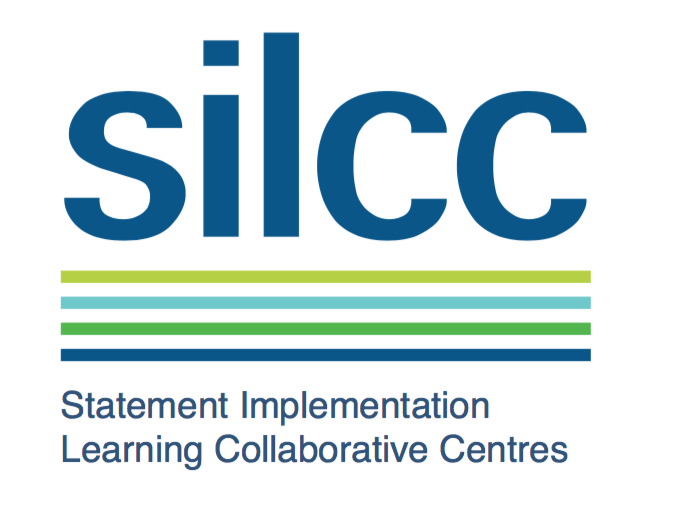EU Monitor -Read the 2018 Statement Survey Report!
The EAHP EU Monitor is a regular round up of news relevant to hospital pharmacy in Europe.
You can subscribe to receive the EAHP EU Monitor by email HERE.
Awareness about European Statements is increasing says EAHP’s 2018 Statement Survey Report
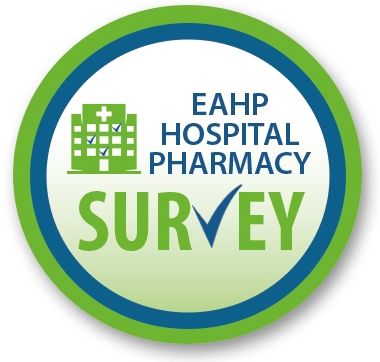
The 2018 Statement Survey results have been released by the European Association of Hospital Pharmacists (EAHP). The survey was conducted across 35 countries from October 2018 to November 2018 with the focus on the statements from Section 1 (Introductory Statements and Governance), Section 3 (Production and Compounding) and Section 4 (Clinical Pharmacy Services). The overall response rate to the survey was 16.9% (873 total responses), with wide variation across different countries.
Barriers to hospital pharmacies engaging in more clinically focused activities seem to be greater than for more traditional areas such as compounding. Lack of capacity (not having enough staff), capability (not having staff with the required skills), and support from managers are the commonly cited reasons for this, although there was considerable variation across the different countries. The five questions for which the least positive responses were received, are linked to Sections 1.1, 4.2, 4.4, 4.5 and 4.8. The European Statements of Hospital Pharmacy express commonly agreed objectives which every European health system should strive for in the delivery of hospital pharmacy services. Since 2015, EAHP is evaluating the barriers and drivers of Statement implementation by means of the Statement surveys.
Awareness of the Statements and agreement with the Statements has both steadily increased since the baseline survey in 2015. This trend can partially be attributed to the work of the EAHP Statement Implementation Ambassadors and the successful realisation of the implementation strategy. EAHP would like to thank all hospital pharmacists that supported the publication of the 2018 EAHP Statements Survey by inputting to the survey activity. The contributions received are essential for the development of the hospital pharmacy profession in Europe.
Read the full report HERE
2019 European Antibiotic Awareness Day is approaching
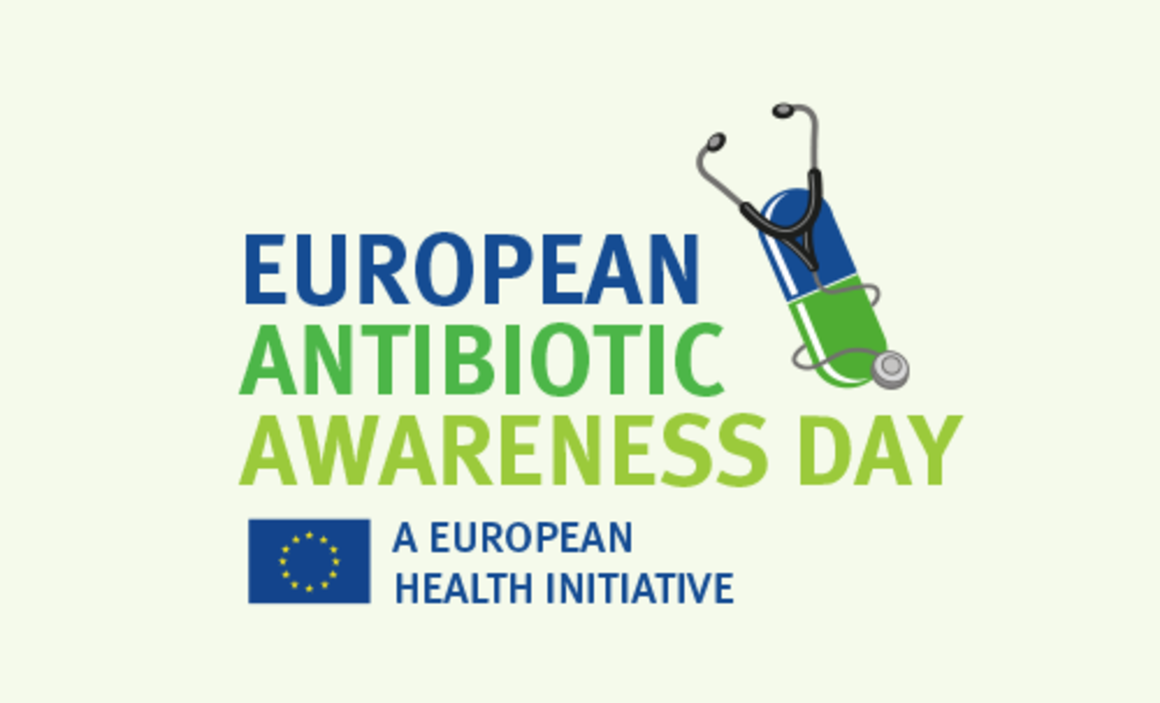
On 18th November 2019, the European Union will be celebrating the European Antibiotic Awareness Day (EAAD). The 12thedition will bring together governmental institutions, professional and patient organisations, country representatives and media to discuss the current situation regarding antibiotic resistance and actions taken. The EAAD is organised each year by the European Centre for Disease Prevention and Control (ECDC) during the World Antibiotic Awareness Week of the World Health Organisation (WHO) which will be held between 18th and 24th November.
This year ECDC will release its annual update on antibiotic resistance and antibiotic consumption surveillance data from EU/EEA countries. In addition, the agency will share the report on the “Survey of healthcare workers’ knowledge and attitudes about antibiotics and antibiotic resistance, EU/EEA, 2019”. The results of this survey should help stakeholders – such as EAHP – identify strategies for policy development on the prudent use of antibiotics.
EAHP encourages its members to join the discussion on EAAD by outlining how they keep antibiotics working in the hospital environment. Information can be shared via social media by using the hashtag #KeepAntibioticsWorking.
Learn more about EAAD HERE
Follow EAHP via Twitter, Facebook and LinkedIn during EAAD and the World Antibiotic Awareness Week
WHO – Antimicrobial Stewardship Toolkit
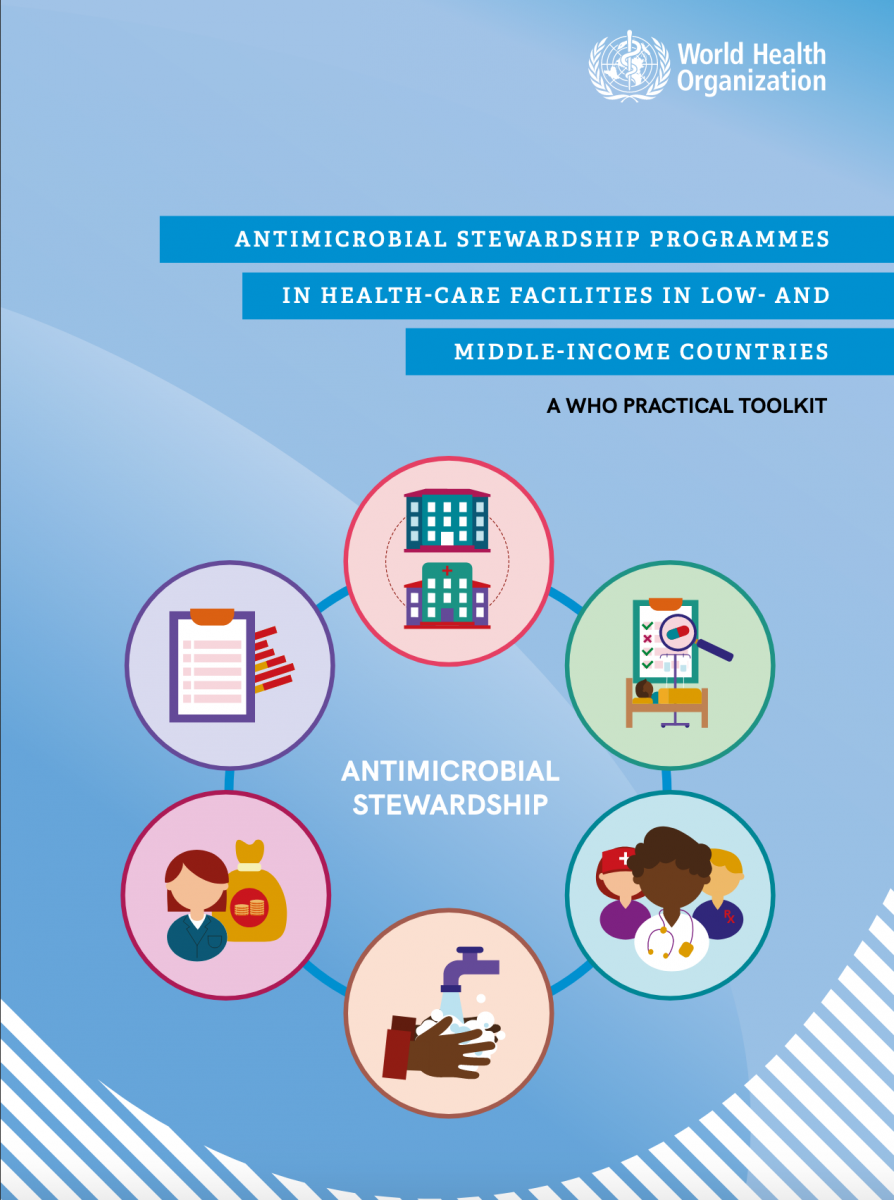
The World Health Organisation (WHO) has released a new toolkit focusing on antimicrobial stewardship programmes in health-care facilities in low- and middle-income countries. Given the growing threat of antimicrobial resistance (AMR) the toolkit seeks to provides practical guidance to support the implementation of Objective 4 of the Global Action Plan on AMR which is linked to optimizing the use of antimicrobial medicines.
The different sections of the toolkit help healthcare professionals with the implementation of antimicrobial stewardship in their working environment. Interested parties will be assisted with the identification of structures and resources that need to be put in place at the national and healthcare facility level via a stepwise approach that can be applied in low-resource settings.
Learn more about the toolkit HERE
European Manifesto on Influenza Vaccination
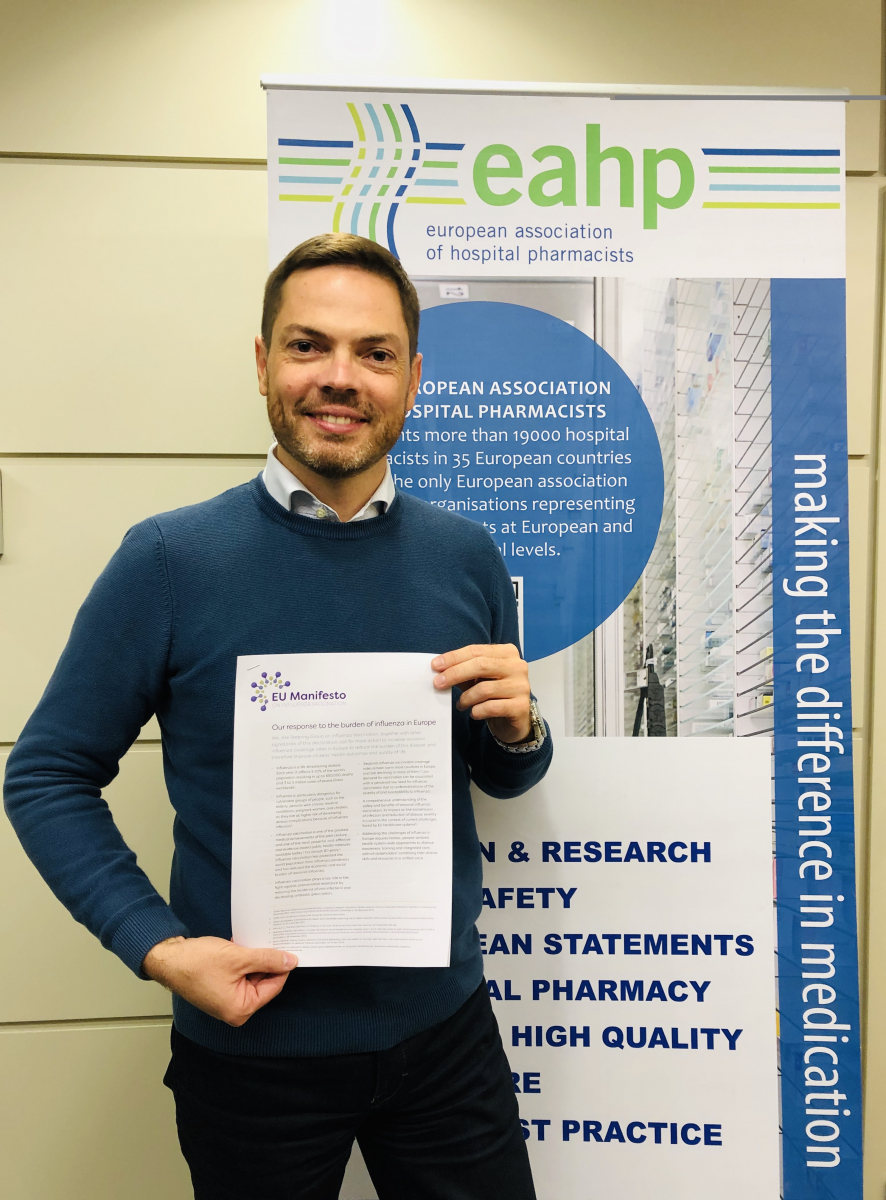
Flu season is just around the corner. To raise awareness about the importance of influenza vaccination, EAHP together with more than 200 pan-European, national and international organisations has signed the European Manifesto on Influenza Vaccination. The manifesto calls for more action to increase seasonal influenza coverage rates in Europe to reduce the burden of this disease, and therefore improve citizens’ health outcomes and quality of life.
At international level, a Global Influenza Strategy was launched by WHO in spring 2019. The strategy provides a framework for WHO, countries and partners to approach influenza holistically through tailored national programmes for the coming 10 years. It covers actions ranging from surveillance to disease prevention and control, with the goal of strengthening seasonal prevention and control and preparedness for future pandemics.
In addition, to health systems, hospitals and clinics also individuals can take steps to fight influenza. To prepare yourself for the flu season the WHO released recommendations which include:
- Getting vaccinated
- Using good manners when coughing and sneezing
- Keeping your hands clean
Learn more about the European Manifesto on Influenza Vaccination HERE
WHO collecting good practices of intersectoral collaboration to end HIV, tuberculosis and viral hepatitis

The WHO Europe region has released a call for the collection of good practice initiatives carried out in relation to HIV, tuberculosis (TB) and viral hepatitis by stakeholders from outside the traditional health sector. The call closes on 18th November.
In spite of efforts made, HIV, TB and vial hepatitis are still a threat to the health of people in Europe and central Asia. Progress is further put at risk by the rising problem of antimicrobial resistance. To help promote best practices, WHO Europe is information on efforts that seek to respond to HIV, TB and viral hepatitis by addressing their social, environmental and economic determinants. Each written submission should describe 1 good practice, must be between 500 (minimum) and 2500 (maximum) words long, and must follow the structure of the submission form.
Learn more about the call HERE
Biosimilars guide for healthcare professionals available in 23 languages
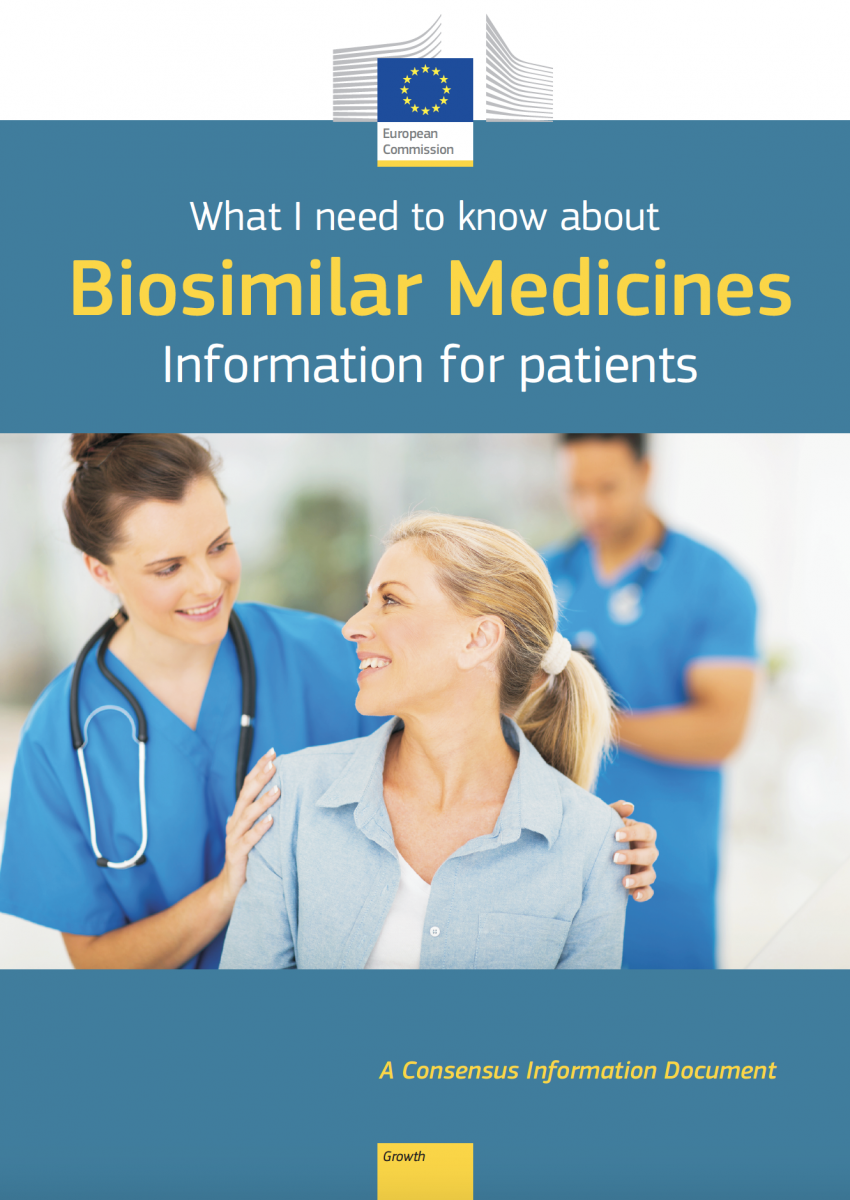 In late October, the collaboration of the European Medicines Agency (EMA) and the European Commission on improving the understanding of biosimilar medicines in the EU reached another milestone. 15 additional language versions of the information guide on biosimilars for healthcare professionals were published, making the guide now available in 23 of the official EU languages.
In late October, the collaboration of the European Medicines Agency (EMA) and the European Commission on improving the understanding of biosimilar medicines in the EU reached another milestone. 15 additional language versions of the information guide on biosimilars for healthcare professionals were published, making the guide now available in 23 of the official EU languages.
Access the guide as well as other information on biosimilar medicines HERE
Commission releases ATMPs guideline
 The European Commission published Guidelines on Good Clinical Practice specific to Advanced Therapy Medicinal Products (ATMPs). These take into account the advances and experience in the field of ATMPs. The guidelines should be read in conjunction with the International Council for Harmonisation of Technical Requirements for Pharmaceuticals for Human Use (ICH) guidelines on good clinical practice, which are also applicable to ATMPs. To the extent that there is a difference in the requirements, the content of these guidelines prevails. Prior to the adoption of the guidelines, the European Commission conducted a targeted stakeholder consultation between August and October 2018. EAHP inputted to this consultation which collected contributions from 35 stakeholders.
The European Commission published Guidelines on Good Clinical Practice specific to Advanced Therapy Medicinal Products (ATMPs). These take into account the advances and experience in the field of ATMPs. The guidelines should be read in conjunction with the International Council for Harmonisation of Technical Requirements for Pharmaceuticals for Human Use (ICH) guidelines on good clinical practice, which are also applicable to ATMPs. To the extent that there is a difference in the requirements, the content of these guidelines prevails. Prior to the adoption of the guidelines, the European Commission conducted a targeted stakeholder consultation between August and October 2018. EAHP inputted to this consultation which collected contributions from 35 stakeholders.
Read the ATMP guideline HERE
Updates from the European Medicines Agency
 Last week’s meeting of the Pharmacovigilance Risk Assessment Committee (PRAC) of the European Medicines Agency (EMA) discussed the risk of side effects for Lemtrada and the measures for patients at high risk of blood clots when using Xeljanz.
Last week’s meeting of the Pharmacovigilance Risk Assessment Committee (PRAC) of the European Medicines Agency (EMA) discussed the risk of side effects for Lemtrada and the measures for patients at high risk of blood clots when using Xeljanz.
Lemtrada for multiple sclerosis: measures to minimise risk of serious side effects
EMA’s safety committee (PRAC) has recommended restrictions on the use of Lemtrada (alemtuzumab) in patients with relapsing remitting multiple sclerosis. The recommendations reflect PRAC’s review of reports concerning rare but serious effects, including deaths, from immune-mediated conditions (caused by the body’s defence system not working properly) and serious heart, circulation and bleeding disorders, including stroke. Immune-mediated conditions can occur many months after treatment while serious disorders of the heart, circulation and bleeding may develop within days of receiving Lemtrada.
The PRAC has recommended restricting Lemtrada for use in adults with relapsing remitting multiple sclerosis that is highly active despite adequate treatment with at least one disease-modifying therapy or if the disease is worsening rapidly with at least two disabling relapses in a year and brain-imaging showing new damage. Also, Lemtrada must no longer be used in patients with certain heart, circulation or bleeding disorders or in patients who have auto-immune disorders other than multiple sclerosis.
The new recommendations replace the temporary measures issued in April 2019 while the PRAC’s review was under way. The PRAC recommendations will now be sent to EMA’s human medicines committee (CHMP), which will adopt the Agency’s final opinion.
For more details, please click here.
Xeljanz to be used with caution for all patients at high risk of blood clots
A review by EMA’s safety committee (PRAC) has concluded that Xeljanz (tofacitinib) could increase the risk of blood clots in the lungs and in deep veins in patients who are already at high risk.
As a result, the PRAC is recommending that Xeljanz should be used with caution in patients at high risk of blood clots. In addition, the maintenance doses of 10 mg twice daily should not be used in patients with ulcerative colitis who are at high risk unless there is no suitable alternative treatment. Further, the PRAC is recommending that patients older than 65 years of age should be treated with Xeljanz only when there is no alternative treatment.
These recommendations follow the PRAC’s review of an ongoing study (study A3921133) in patients with rheumatoid arthritis and an increased risk of cardiovascular disease. This study showed an increased risk of blood clots in deep veins and in the lungs with both the 5 mg and 10 mg twice daily doses of Xeljanz as compared with patients taking TNF-inhibitors. The PRAC also re-assessed additional data from earlier studies. All data combined showed that the risk of blood clots was higher in patients taking Xeljanz, especially with the 10 mg twice daily dose and in those being treated for an extended period. Results also showed a further increased risk of serious and fatal infections in patients older than 65 years of age.
The new recommendations replace the measures put in place at the start of the review in May 2019 when the PRAC recommended that doctors stop prescribing the 10 mg twice daily dose of Xeljanz for patients at high risk of blood clots in the lungs while it reviewed data from study A3921133.The PRAC’s recommendations will now be sent to the EMA’s human medicines committee (CHMP), which will adopt the Agency’s final opinion.
For more details, please click here.
EJHP: November issue is available!
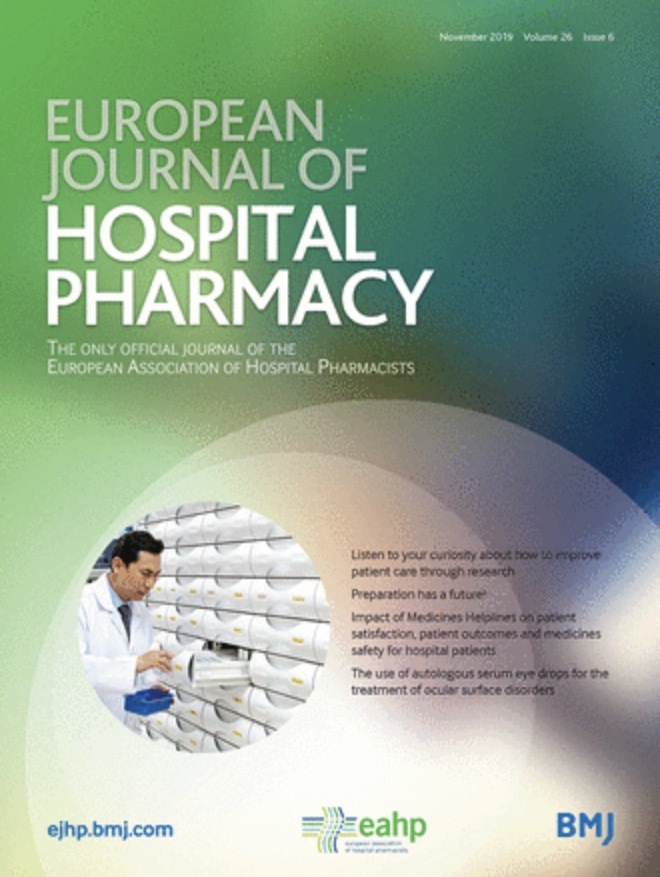
The November issue of the European Journal of Hospital Pharmacy (EJHP) is out! It contains a number of interesting original articles including articles on the impact of medicines helplines, an antibiotic stewardship patient safety project and a mixed methods study of medication-related decision support alerts. The editorial raises the question how patient care can be improved through research. The EAHP Position Paper on an ageing society shares the views of the Association in relation to using hospital pharmacists’ expertise to manage polypharmacy, evaluate drug appropriateness and increase drug adherence in older patients.
Read the November issue HERE
Sign up as SILCC fellow
Are you looking to expand your horizon? Join EAHP’s Statement Implementation Learning Collaborative Centres (SILCC) programme. As SILCC fellow you will have the opportunity to visit hospitals (SILCC hosts) from other EAHP member countries to learn about pharmacy procedures linked to the European Statements of Hospital Pharmacy. Sign up for the programme via EAHP’s Statement website.

